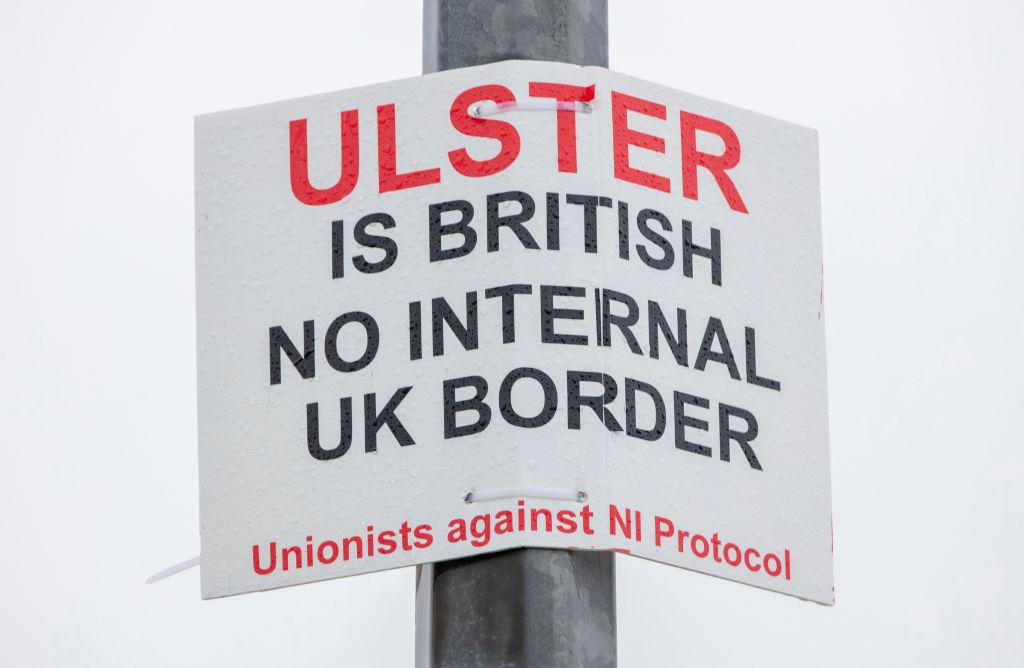The next Northern Ireland assembly election must take place by 5 May next year. The MLAs voted in then will decide whether or not to continue the Northern Ireland protocol, which requires the UK authorities to apply EU rules on various goods entering Northern Ireland.
If a majority voted against (that is all that would be needed as the petition of concern, which requires a higher threshold, would not apply), then the protocol would fall. At the moment, it looks very unlikely that the election will result in an anti-protocol majority. But it would clearly be bad for stability in Northern Ireland if the campaign turned into an attempt by Unionists to rally a majority that could vote down the protocol. For now, this appears to be where things are heading, with the DUP calling for a pan-Unionist front to oppose the protocol.
This reality shows why a more pragmatic approach to implementation of the protocol is needed. The aim should be to work out what might represent genuine threats to the integrity of the single market, and then go easy on the other stuff.
Michael Gove’s letter to Maroš Šefčovič, the Commission vice president, essentially proposes such an approach. There is hope in Whitehall that the Commission’s misstep on Article 16 last Friday has strengthened those on the EU side who favour taking a rather more pragmatic approach to implementation of the protocol.
The text of the protocol means that there are going to be checks in the Irish Sea: Northern Ireland is effectively in the single market, while the rest of the UK is not. It would be wrong to pretend that there are no differences between Northern Ireland and the rest of the UK under these arrangements. But a more proportionate, risk-based approach would mean that, when the vote on renewing the protocol comes at the end of 2024, it would be less likely to be a matter of huge drama.







Comments